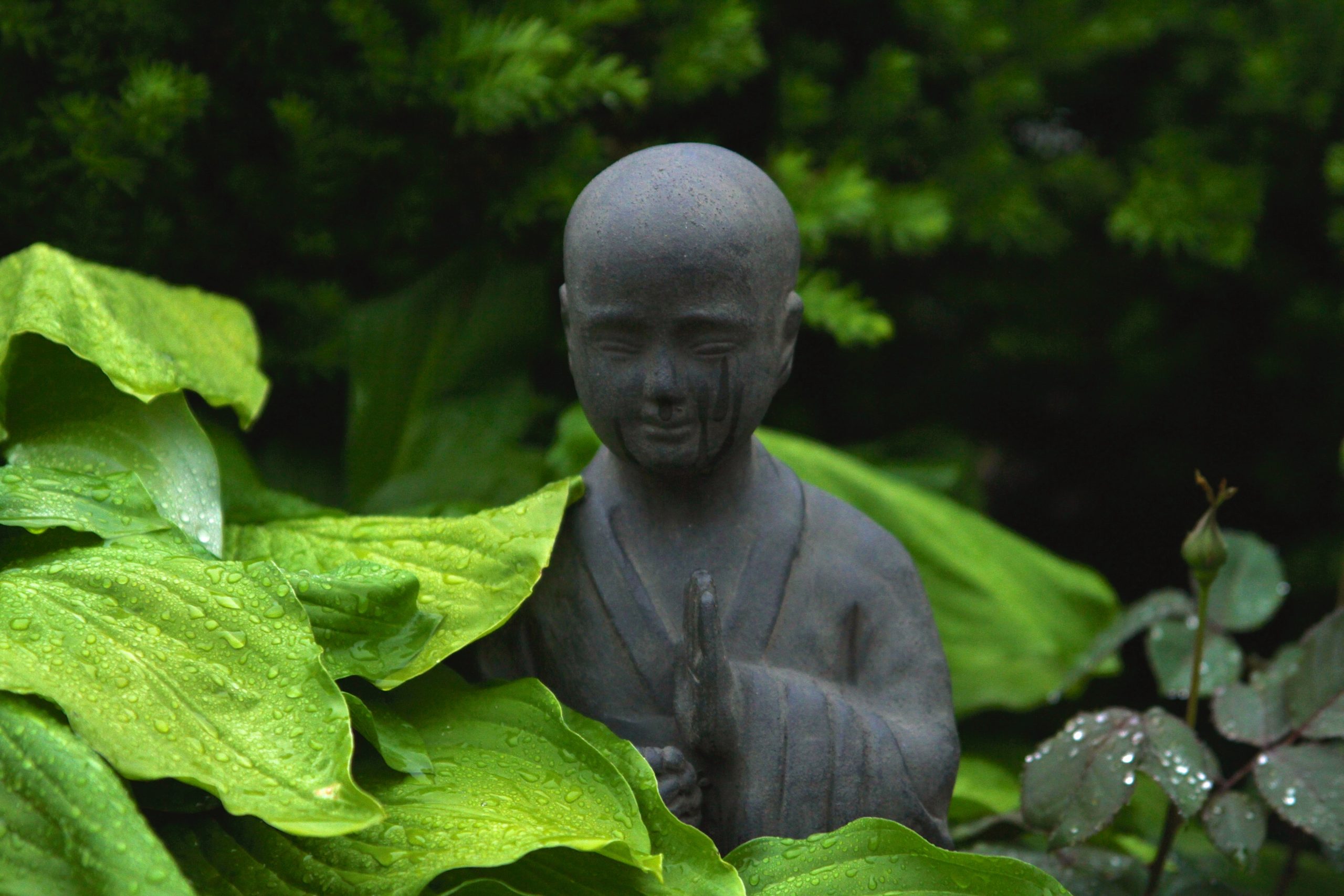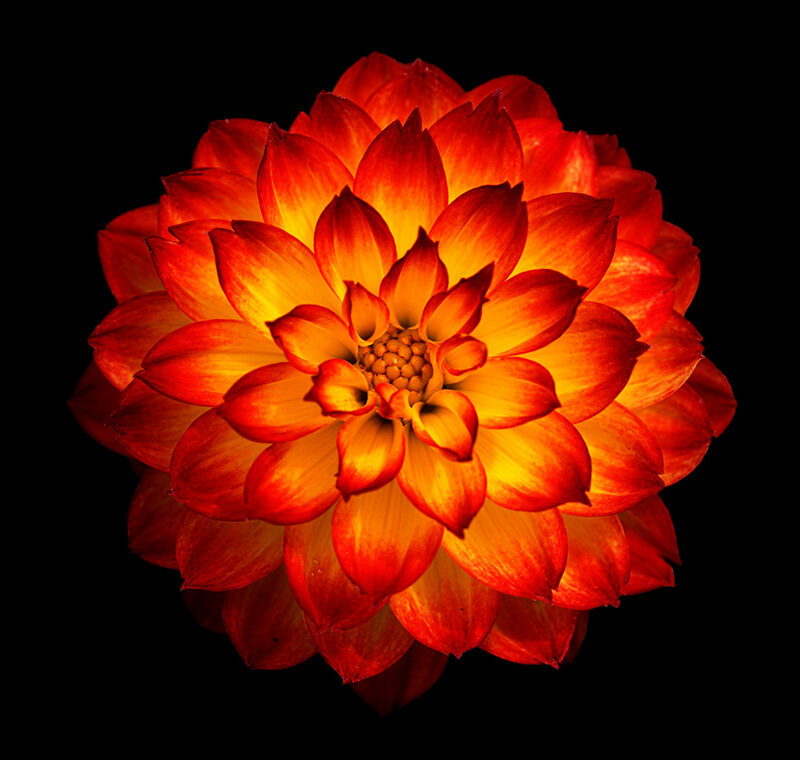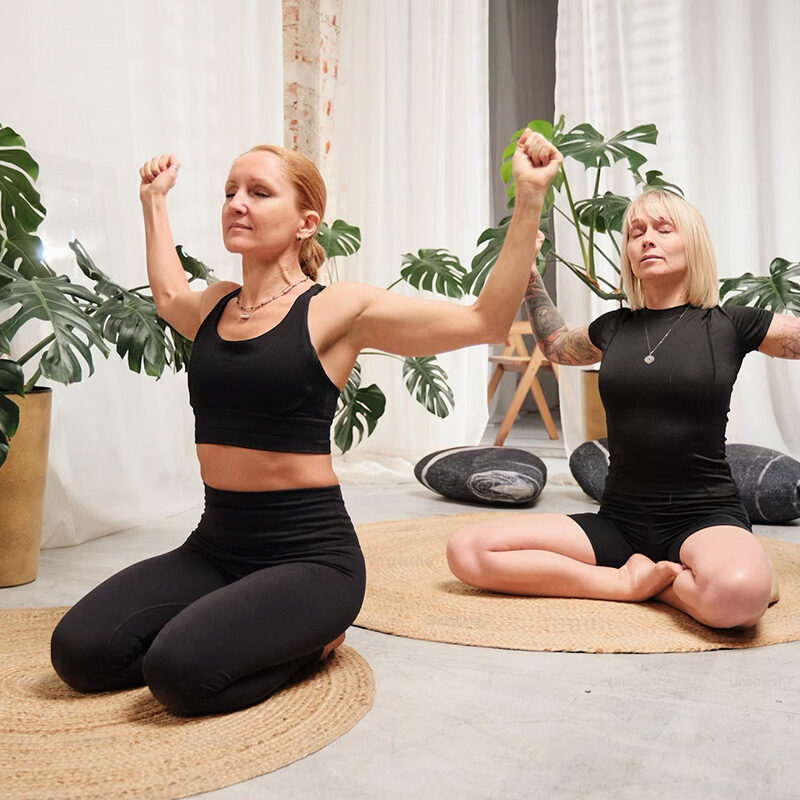“Smile, breathe and go slowly.” It doesn’t get any better than that.
Thich Nhat Hanh
Xinalani's All Inclusive Packages
We had the amazing opportunity to interview two Zen monks that have spent long periods of their lives in monasteries. They shared with us some of the essential habits they practice.
Beautiful Eco Chic Rooms and Beach Casitas
As you may already know, Zen is all about experimenting meditation in our daily lives.
You probably don’t want to become a Zen monk yourself, but you can live in a more Zen-like manner by following a few simple rules.
1. Do one thing at a time
Do only one thing, whatever it is you're doing. Anything that demands your presence, you're there for it. Zen monks live in a way that they're totally and completely focused on the task at hand. A Zen proverb says: “When walking, walk. When eating, eat”. This promotes greater concentration and mindfulness.
Multi-tasking has not only been proven to be ineffective, but actually damaging to our health. Committing to always do one thing at a time means to live with greater clarity and perform more effectively at everything.
2. Do each thing with all of your being
“When you do something, you should burn yourself up completely, like a good bonfire, leaving no trace of yourself.”
Shunryu Suzuki
To do something with your entire being means to live with mindfulness and concentration in every moment. This is to be totally and completely immersed on that one thing with all your attention. And of course outside noises, thoughts and other distractions may arise, but you are focused on your task and embrace all other interruptions consciously as part of the experience.
You must be soft but persistent. You are awake, present here and now. This makes a significant difference in the quality of your day-to-day experience.
3. Work diligently and let go your attachments
Zen monks work diligently to reach satori, or awakening. They are constantly conscious of the preciousness of the life we are given, and the principle of impermanence: nothing lasts, nothing can be grasped or held onto. Being diligent in one's efforts is very important, because this moment is all we have for sure. For that reason, you should work assiduously to attain true peace and happiness.
Throughout our days we constantly resist the way things are, either we are attached to something we like, or we have an aversion to something we don’t. Working thoroughly is not only a path to enlightenment for Zen practitioners, but it also gives them an opportunity to let go of judgments and attachments, and embrace what is, as it is.
4. Simplify your life down to the essentials
By the time we're adults, we have generally amassed quite a lot of things around us, which are either useless or relatively unimportant – both material possessions and non-material things. The monastic way of life is designed to keep only the essential: physical nourishment, a place to rest, a community and the practice.
But how do you decide what's essential? The best place to start is to ask oneself if the item is ever used or holds any purpose. Moreover: does it help contribute to my wellbeing or those of others? If the answer is no, it is not only of no use, but it is also frequently getting in the way of meaningful things to arise.
Another way of finding out is to go in the opposite direction by asking yourself: if I had to live with only a handful of things, what would they be?
5. Monitor mental nutriment
If simplifying your life down to the essentials is about removing those unnecessary things from our lives, limiting and monitoring mental nutriment is about specifically identifying what we consume that is bad for us, and actively working to remove it.
By mental nutriment, I'm referring to “mental food”: T.V., social media, books, personal associations, etc. Really anything we ingest through one of our senses because it affects our wellbeing in various ways.
The challenge is to identify any source of poisonous seeds that disturb us, and work on removing or minimizing them, while searching for wholesome ones to integrate to our lives.
6. Establish order
A sense of order and structure is very important for a Zen monk.
Many of us are reluctant to them, but this is generally due to a misunderstanding. Think about it this way: what if you could free up an entire hour each day for yourself if you just took the time to establish a daily schedule and stuck to it with discipline? Isn't this freedom, as opposed to working all day long on work + home responsibilities?
To arrange your time and have a sense of orderliness is to live intentionally. That’s what a Zen monk calls freedom. Being half-asleep, unconscious of what we do - even if our bodies are doing it-, we are pushed and pulled by our habitual patterns, and guided by the winds of life.
7. Live as if you’re going to die
"Throughout this life, you can never be certain of living long enough to take another breath.”
Zen master Huang Po.
Living as if you're going to die is to be mindful of your own impermanence and those of all things. Most of us reject any thought about our own end, and the end of our loved ones.
To be conscious of our impermanence can be a great source of joy. It’s a constant reminder of the precious nature of this life. It gives us the opportunity to experience it deeper and more vibrant than anything we ever imagined.
8. Express yourself artistically
Zen is very closely connected with the arts, due to their effectiveness to express ourselves fully and honestly. It's very common for a Zen Monk to take up some form of artistic expression such as calligraphy, poetry (haiku), or even chanoyu, the Japanese "way of tea".
When we express ourselves freely and spontaneously, we're allowing our whole being to come forth. Our hesitation, resistance, doubt, fear… anything disturbing us, vanishes. It is a very purifying process and an enjoyable form of meditation.
Find something that is a good fit for you and make it a regular practice: when working be attentive about how fear, anger, and judgment arise -"that was horrible", "I'm not good enough", "I can't do this". Keep on doing it until you don't get in your own way, until you express your authentic self without holding back.
Can you do the same in your everyday actions? Would you dare to live without getting in your own way?
9. Live the Buddha’s middle way
The Buddha's “middle way” is a principle that fundamentally says that we shouldn't remain in any extreme when doing something. Let’s take a simple example:
We shouldn't be quiet about important issues, we should speak up and express our opinion. But at the other end, to force others to go along with what we believe, is not good either. So we must stay in the middle way to attain a balanced life, free from excess and conflict.
10. Practice Zazen diligently
“Zazen is an activity that is an extension of the universe. Zazen is not the life of an individual, it’s the universe that’s breathing.”
Zen master Dogen Zenji
This is arguably the single most important practice on this entire list. Most would go as far as to say that without it, it’s impossible to practice Zen.
Zazen is Japanese for “sitting/seated meditation” and it was carried over to English when Zen traveled from Japan to the West. It is a very unique and specific type of meditation.
It is frequently confused with the very similar Vipassana meditation practice, which is also based primarily on mindfulness, but it involves actively naming and identifying that which is noticed with one’s awareness. As opposed, when doing Zazen things are simply acknowledged and allowed to float by, as if they were a passing cloud in the sky.
Inspiration: zen habits
About the Author

Part of the Xinalani family, Andrea is fond of yoga and meditation. She’s mother of two and passionate about language and words. She has a degree in Creative Writing and loves sharing new ideas and deep insights in a fun prêt-à-porter way.


















